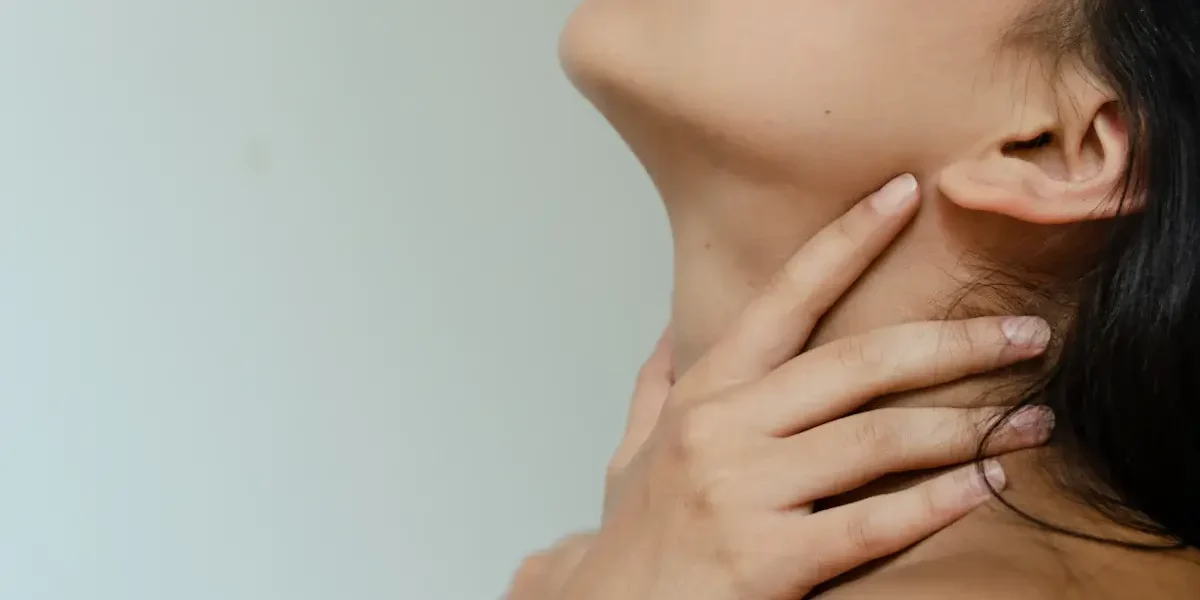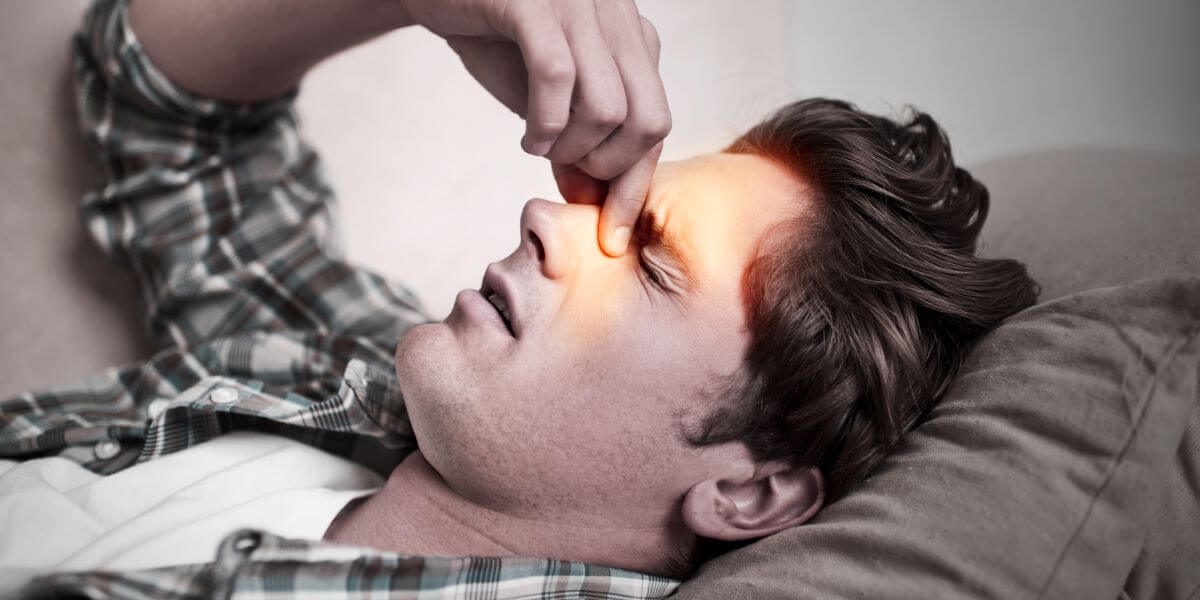
Tinnitus refers to the perception of noise or ringing in the ears without an external sound source. Understanding tinnitus proves crucial due to its widespread impact. Approximately 15–20% of the global population experiences tinnitus. Among these individuals, about 25% find that the condition interferes with daily activities. Tinnitus prevalence increases with age, peaking between 60 and 69 years. Many people seek answers to what causes tinnitus ringing in ears and how to fix it. Addressing this issue can significantly enhance quality of life.
What causes tinnitus ringing in ears and how to fix it

Hearing Loss
Age-related hearing loss
Age-related hearing loss, also known as presbycusis, often leads to tinnitus. The aging process causes natural wear and tear on the auditory system. This deterioration affects the inner ear structures, leading to hearing loss and tinnitus. Regular hearing tests help monitor changes in hearing ability. Hearing aids or other assistive devices can alleviate symptoms.
Noise-induced hearing loss
Exposure to loud noises damages the hair cells in the cochlea. This damage results in noise-induced hearing loss and tinnitus. Common sources of harmful noise include concerts, machinery, and headphones at high volumes. Protecting your ears with earplugs or noise-canceling headphones reduces risk. Limiting exposure to loud environments also helps prevent further damage.
Ear Infections and Diseases
Otitis media
Otitis media refers to an infection or inflammation of the middle ear. This condition often causes fluid buildup, leading to tinnitus. Antibiotics or other medications treat the infection. Prompt treatment prevents complications and alleviates tinnitus symptoms. Regular check-ups with a healthcare provider ensure proper ear health.
Meniere’s disease
Meniere’s disease affects the inner ear, causing vertigo, hearing loss, and tinnitus. Fluid buildup in the ear disrupts normal auditory function. Managing Meniere’s disease involves dietary changes, medication, and sometimes surgery. Consulting with an audiologist or ENT specialist provides tailored treatment options.
Other Medical Conditions
Cardiovascular issues
Cardiovascular issues, such as high blood pressure or atherosclerosis, contribute to tinnitus. These conditions affect blood flow, impacting the auditory system. Lifestyle changes, including a healthy diet and regular exercise, improve cardiovascular health. Medications prescribed by a healthcare provider also help manage these conditions.
Temporomandibular joint (TMJ) disorders
TMJ disorders involve dysfunction of the jaw joint and surrounding muscles. This dysfunction often leads to tinnitus due to shared nerve pathways. Treatment for TMJ disorders includes physical therapy, dental splints, and stress management techniques. Addressing TMJ issues often reduces tinnitus symptoms.
Symptoms of Tinnitus
Tinnitus manifests through various symptoms that can significantly impact daily life. Understanding these symptoms helps in identifying what causes tinnitus ringing in ears and how to fix it.
Types of Sounds
Ringing
Ringing is the most common sound associated with tinnitus. Many individuals describe it as a high-pitched tone that persists in the background. This constant noise can make communication challenging. People often struggle to focus on conversations or other auditory tasks. Jamie Laing, for instance, experienced overwhelming ringing that interfered with his ability to hear others during a television show. This persistent sound can lead to frustration and anxiety.
Buzzing
Buzzing represents another type of sound that individuals with tinnitus may experience. This sound often resembles the hum of an electrical appliance. The buzzing can vary in pitch and intensity. Some people find it more tolerable than ringing, while others may find it equally distressing. The buzzing can disrupt activities that require quiet concentration, such as reading or meditating.
Variability in Intensity
Fluctuating Symptoms
Tinnitus symptoms can fluctuate in intensity. Some days, the sounds may seem louder or more intrusive. Stress and fatigue often exacerbate these fluctuations. One individual shared how stress created a negative feedback loop, intensifying the tinnitus and leading to increased stress and depression. Recognizing these patterns can help in managing the condition more effectively.
Persistent Symptoms
For some, tinnitus remains constant and unchanging. Persistent symptoms can lead to significant lifestyle changes. An anonymous artist described how the continuous ringing in the ear affected their ability to teach and create art. The relentless nature of the symptoms drained energy and enthusiasm for activities once enjoyed. Addressing persistent symptoms often requires a comprehensive approach, including medical consultation and lifestyle adjustments.
Understanding the symptoms of tinnitus is crucial for those seeking relief. Identifying what causes tinnitus ringing in ears and how to fix it involves recognizing the types of sounds and the variability in their intensity. This awareness can guide individuals toward effective management strategies.
Types of Tinnitus
Subjective Tinnitus
Subjective tinnitus stands as the most prevalent form. Individuals perceive sounds without any external acoustic stimulus. This perception often results from otologic disorders. Hearing loss frequently accompanies subjective tinnitus. The condition affects daily life by creating persistent noise in the ears. Many people describe the sound as ringing or buzzing. The absence of an external source makes diagnosis challenging. Audiologists rely on patient descriptions to assess the condition.
Most common form
Subjective tinnitus occurs more commonly than objective tinnitus. The majority of tinnitus cases fall into this category. Individuals experience a range of sounds, including hissing and whistling. These sounds vary in pitch and intensity. The lack of an external sound source characterizes subjective tinnitus. This form remains invisible to others, complicating treatment efforts.
Perceived only by the patient
Only the affected individual perceives subjective tinnitus. No external device can detect the sound. The condition relies heavily on patient-reported symptoms. Audiologists use hearing tests to evaluate the extent of the issue. Treatment focuses on managing symptoms and improving quality of life.
Objective Tinnitus
Objective tinnitus represents a rare form of the condition. This type involves actual noise generated near the ear. Medical professionals can sometimes hear the sound during examinations. Objective tinnitus often links to physical abnormalities. Vascular issues or eustachian tube dysfunction may cause this form. Diagnosis requires specialized equipment and expertise.
Rare form
Objective tinnitus occurs infrequently compared to subjective tinnitus. The rarity stems from its association with specific medical conditions. Vascular abnormalities often contribute to the development of objective tinnitus. Neurologic diseases also play a role in some cases. The presence of an actual sound distinguishes this form from subjective tinnitus.
Can be heard by a doctor during examination
Doctors can sometimes detect objective tinnitus during a physical examination. Specialized instruments help amplify the sound for detection. The ability to hear the sound aids in diagnosing the underlying cause. Treatment targets the specific medical condition causing the tinnitus. Addressing the root issue often alleviates the symptoms.
Diagnosis of Tinnitus
Medical History and Physical Examination
Patient history
A comprehensive medical history forms the foundation of tinnitus diagnosis. Healthcare providers gather information about symptoms, duration, and potential triggers. Patients describe the nature of the sounds experienced. Details about exposure to loud noises or ear infections are crucial. Information about medications and existing medical conditions is also necessary. This data helps identify patterns and possible underlying causes.
Ear examination
A thorough ear examination follows the medical history. Physicians use otoscopy to inspect the ear canal and eardrum. This examination checks for blockages or abnormalities. Signs of infection or fluid buildup are identified. The physical examination helps rule out external factors contributing to tinnitus. The results guide further diagnostic steps and treatment options.
Audiological Tests
Hearing tests
Hearing tests play a vital role in diagnosing tinnitus. Audiologists assess hearing ability through various tests. Pure-tone audiometry measures hearing sensitivity across different frequencies. Speech audiometry evaluates the ability to understand spoken words. These tests determine the presence and extent of hearing loss. Identifying hearing loss aids in understanding tinnitus causes.
Tinnitus matching
Tinnitus matching involves comparing perceived sounds with external tones. Audiologists present different sounds to patients. Patients identify the closest match to their tinnitus sound. This process helps quantify the pitch and loudness of tinnitus. Tinnitus matching provides valuable insights into the condition’s characteristics. The results assist in tailoring treatment strategies for individuals.
Treatment Options

Medical Treatments
Medications
Medications play a crucial role in managing tinnitus. Doctors often prescribe tricyclic antidepressants or selective serotonin-reuptake inhibitors. These medications help reduce the perception of tinnitus. Patients may experience relief from anxiety and depression linked to the condition. Some individuals find improvement with complementary and alternative medicine therapies. Always consult a healthcare provider before starting any medication.
Surgery
Surgery becomes an option for specific cases of tinnitus. Medical professionals consider surgery when structural issues cause tinnitus. TMJ treatment or procedures addressing vascular problems may provide relief. Surgery aims to correct the underlying cause, not just the symptoms. Discuss surgical options with a specialist to understand potential benefits and risks.
Sound Therapy
White Noise Machines
White noise machines offer a non-invasive solution for tinnitus. These devices produce soothing sounds that mask tinnitus. Sounds like rain, wind, or waterfalls create a calming environment. The goal is to decrease the strength of tinnitus-related neuronal activity. Use white noise machines at a comfortable volume for best results. Experiment with different sounds to find what works best.
Hearing Aids
Hearing aids serve a dual purpose for those with tinnitus and hearing loss. These devices amplify external sounds, making tinnitus less noticeable. Improved hearing can enhance communication and reduce stress. Some hearing aids include built-in sound therapy features. Consult an audiologist to explore suitable hearing aid options.
Understanding what causes tinnitus ringing in ears and how to fix it involves exploring various treatment options. Medical treatments and sound therapy provide valuable pathways to relief. Always seek professional guidance to tailor a treatment plan to individual needs.
Management Strategies
Lifestyle Changes
Stress Management
Effective stress management plays a crucial role in managing tinnitus. Stress often exacerbates tinnitus symptoms. You can explore relaxation techniques like meditation and yoga. Deep breathing exercises also provide relief. Consistent practice reduces stress levels. Lower stress levels lead to a decrease in tinnitus intensity. Consider seeking guidance from a mental health professional. Professional support helps develop personalized stress management strategies.
Diet and Exercise
A balanced diet supports overall health and may alleviate tinnitus symptoms. Focus on consuming whole foods rich in nutrients. Limit caffeine and alcohol intake. These substances can worsen tinnitus for some individuals. Regular exercise improves circulation and reduces stress. Physical activity enhances mood and promotes better sleep. A healthy lifestyle contributes to improved tinnitus management.
Cognitive Behavioral Therapy (CBT)
Psychological Support
Cognitive Behavioral Therapy (CBT) offers psychological support for tinnitus sufferers. CBT addresses negative thought patterns related to tinnitus. Therapists guide you in reframing thoughts and reducing distress. This approach empowers you to manage emotional responses. Improved emotional well-being leads to a better quality of life. CBT sessions provide valuable coping tools.
Coping Mechanisms
CBT introduces effective coping mechanisms for tinnitus. You learn strategies to focus attention away from tinnitus sounds. Techniques include mindfulness and distraction methods. Practicing these skills enhances daily functioning. Coping mechanisms improve resilience against tinnitus-related challenges. Consistent application of these techniques fosters long-term improvement.
Emerging Research and Future Directions
New Treatment Approaches
Neuromodulation
Neuromodulation offers promising advances in tinnitus treatment. Researchers explore techniques that alter nerve activity. Devices deliver electrical or magnetic signals to the brain. These signals aim to reduce tinnitus perception. Clinical trials investigate the effectiveness of neuromodulation. Early results show potential for significant relief. Experts continue to refine these methods for broader application.
Gene Therapy
Gene therapy represents a cutting-edge approach to tinnitus. Scientists study how genetic modifications can address auditory issues. This research focuses on repairing damaged cells in the ear. Gene therapy holds promise for reversing hearing loss. Successful trials could lead to breakthroughs in tinnitus management. Ongoing studies aim to ensure safety and efficacy.
Ongoing Studies
Clinical Trials
Clinical trials play a crucial role in tinnitus research. These trials test new treatments and therapies. Participants contribute valuable data to scientific understanding. Researchers evaluate the impact of various interventions. Clinical trials help identify what causes tinnitus ringing in ears and how to fix it. Results guide future treatment strategies and innovations.
Research Institutions
Research institutions drive progress in tinnitus solutions. Universities and medical centers conduct extensive studies. Collaboration among experts leads to innovative findings. Institutions focus on understanding underlying mechanisms. Research aims to develop targeted therapies for tinnitus relief. Continued support for these institutions accelerates advancements.
Understanding tinnitus involves exploring its causes and solutions. You should seek professional help for accurate diagnosis and treatment. Professionals provide guidance on managing symptoms and improving quality of life. Access resources like literature reviews and clinical trials for further information. These resources offer insights into what causes tinnitus ringing in ears and how to fix it. Engaging with ongoing research can lead to new treatment opportunities.
Take Control of Your Health with Personalized Care
Book an appointment today and let us help you breathe easier, hear better, and live more comfortably with our expert ENT, allergy and asthma care

